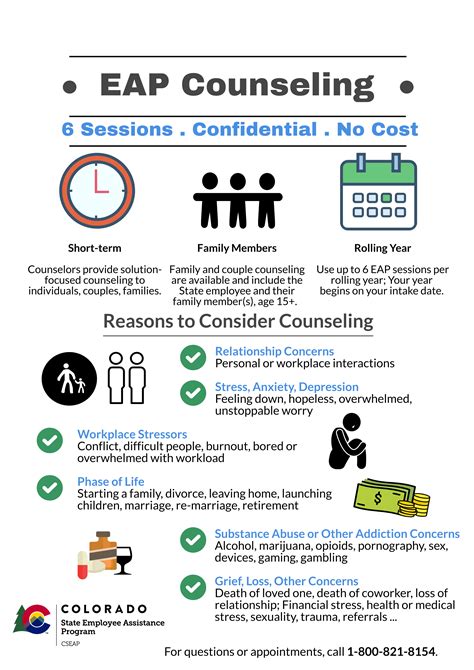Your Guide to Shorter Counseling Programs
Finding the right counseling program can feel overwhelming. The length of programs is a major factor, and many people are increasingly seeking shorter, more targeted options. This guide explores shorter counseling programs, outlining their benefits, drawbacks, and how to choose the right fit for your needs. We’ll also address common questions surrounding these programs.
What are Shorter Counseling Programs?
Shorter counseling programs differ significantly from traditional Master's-level programs. They typically focus on specific issues or skill development, offering intensive training in a condensed timeframe. This can range from a few weeks to a year, contrasting sharply with the multiple years required for traditional degrees. These programs aren't designed to replace comprehensive graduate-level training but rather to provide focused, practical skills or address specific needs quickly.
Benefits of Shorter Counseling Programs
-
Time Efficiency: This is the most significant advantage. Shorter programs allow individuals to quickly acquire new skills or address pressing mental health concerns without a prolonged commitment.
-
Cost-Effectiveness: Often, shorter programs have lower tuition costs than lengthy degree programs. This makes them a more accessible option for many.
-
Targeted Focus: These programs often specialize in a particular area, like trauma-informed care, grief counseling, or addiction recovery. This focused approach ensures relevant and applicable training.
-
Faster Career Advancement: For those already in the field, shorter programs can provide specialized skills to enhance career prospects and improve marketability.
Drawbacks of Shorter Counseling Programs
-
Limited Scope: Shorter programs naturally have a narrower focus, potentially neglecting broader theoretical frameworks or practical experiences.
-
Less Comprehensive Training: The condensed nature limits the depth of theoretical knowledge and practical experience compared to longer programs.
-
Potential for Oversimplification: The brevity of the program might oversimplify complex issues, leading to an incomplete understanding.
-
Accreditation and Licensing: Not all shorter programs are accredited, which can affect licensing and professional recognition. It's vital to verify accreditation before enrolling.
What Types of Shorter Counseling Programs Exist?
Several types of shorter programs cater to different needs:
-
Certificate Programs: These offer specialized training in a particular area, often requiring less prior experience than degree programs.
-
Workshops and Seminars: These are shorter, intensive sessions focusing on specific techniques or skills.
-
Online Courses: Many online platforms offer short courses in counseling-related topics, providing flexibility and accessibility.
-
Boot Camps: These intensive, short-term programs focus on practical skills and rapid skill acquisition.
How to Choose the Right Shorter Counseling Program?
Selecting the right program necessitates careful consideration:
-
Identify Your Needs: What specific skills or knowledge do you seek? What are your career goals?
-
Research Programs: Explore different programs, comparing curriculum, instructors, and accreditation.
-
Consider Accreditation: Ensure the program is accredited by a reputable organization to guarantee credibility and potential licensing eligibility.
-
Read Reviews and Testimonials: Gain insights from past participants to assess program quality and effectiveness.
-
Check Licensing Requirements: Understand the licensing requirements in your state or country and how the program aligns with them.
What are the Common Misconceptions About Shorter Counseling Programs?
Are shorter programs less valuable than longer ones?
Not necessarily. Shorter programs are valuable for specific needs and career advancements. Their value depends entirely on the individual's goals and the program's quality and focus. They are not a replacement for comprehensive degree programs.
Will I be fully qualified to practice after completing a shorter program?
This depends entirely on the program and licensing requirements. Some shorter programs may enhance existing skills, while others may not qualify you for independent practice. Carefully review licensing and certification requirements.
Are shorter programs only for people already working in the field?
No, some shorter programs cater to individuals seeking entry-level skills or those looking to change careers. Always check the program's prerequisites.
Conclusion
Shorter counseling programs offer a flexible and potentially cost-effective pathway to acquiring specific skills or addressing specific needs. However, careful consideration of the program's scope, accreditation, and licensing implications is crucial before enrolling. By thoughtfully assessing your needs and researching programs diligently, you can find a shorter program that aligns with your goals and enhances your professional trajectory. Remember to always prioritize reputable and accredited programs.

